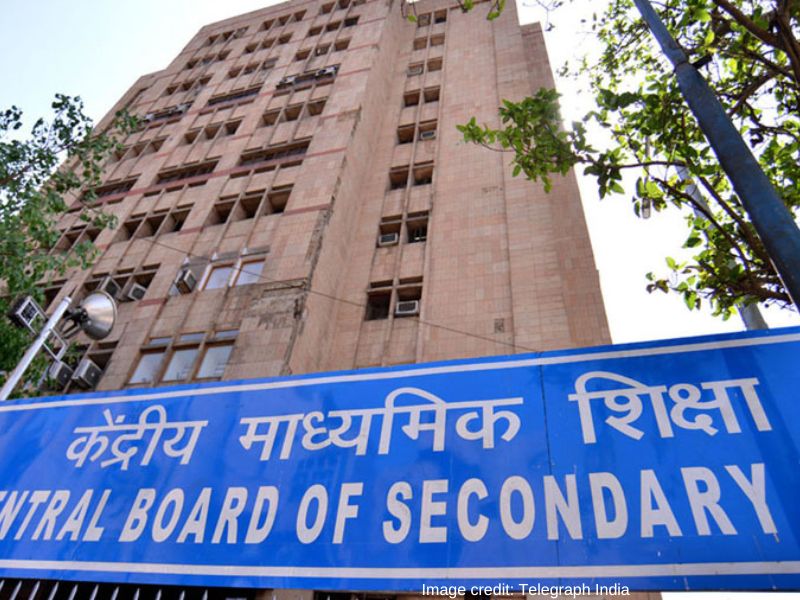Ronita Torcato
Approximately 100 CBSE schools in India have engaged students in a special history education project covering 101 best monuments across the country. The Mumbai segment covered 18 of the city’s architectural landmarks.
This co curricular activity is part of an experiment titled, ‘Education Through Monuments’, which is an offshoot of CBSE’s implementation of the National Education Policy (NEP) 2020.
The CBSE students strove to discern the geometry applied to the Gateway of India, the architecture of the Siddhivinayak temple, the physics element of the Ashoka Pillar, the mathematics behind Jama Masjid, the dynamo-powered electricity generating system of the Lakshmi Villas Palace and more beyond textbooks.
Conventional concepts were explored outside the classroom to arrive at a synthesis of geology and geometry, physics and particulate matter, architecture and accounting, even science and spirituality.
Students converted classrooms into temples and dargahs, into stations and markets, courtrooms and palaces, thus learning without a script or text, or a segmented time-table.
A young teen learnt that the ‘gate’ that led to this city of seven islands is over a 100 years old (Designed by George Wittet, in the Indo Islamic style,the Gateway of India was built to commemorate the arrival of George V, Emperor of India and his wife Mary of Teck, Empress consort )
Students decided to print tee-shirts with images of the Gateway of India.
Curated by Sandeep Sethi, the pan-India inter-disciplinary project was based on extensive research and immersive field visits and sought to bridge the gap between historical relevance, architectural marvels and scientific inquiry.
It spanned from understanding the reasons why the Bombay Stock Exchange got its curved facade and the Siddhivinayak temple has a profusion of windows, the functioning of the Rajabai clock tower and the dream behind the Haji Ali dargah.
Students who were given a few fundamental parameters such as antiquity and relevance that a monument requires to be shortlisted for study, selected interesting subjects like the evolution of the saree,and the Brahmi script on the Ashoka Pillar.
“The students felt fortunate to be a part, albeit a small part, of history,” said Avnita Bir, Director and Principal, RN Podar School.
Also read: Promising career for history buffs
